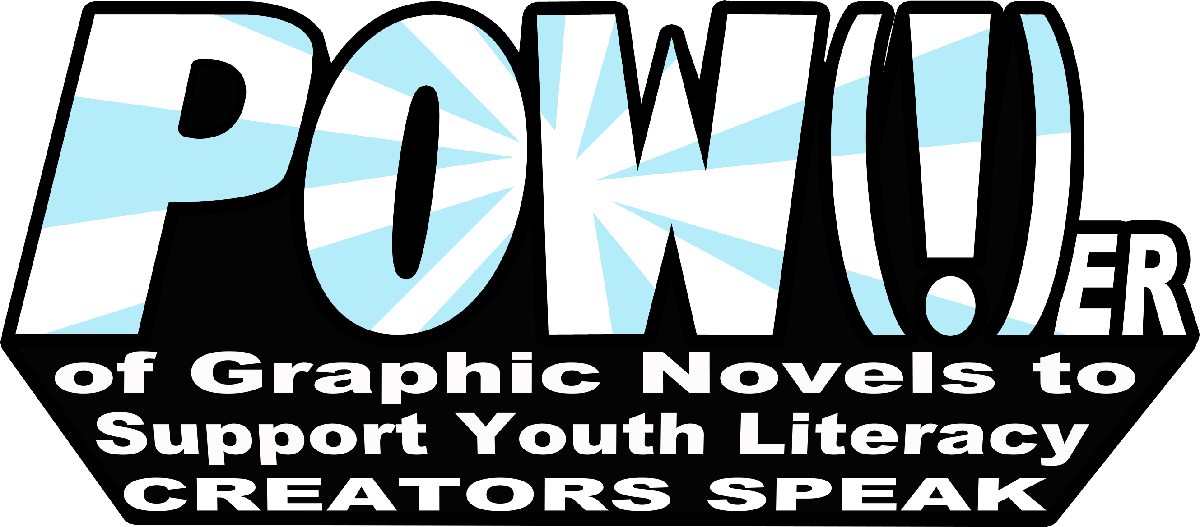Ashley Borman, Technical Services Librarian at the Clintonville (WI) Public Library is back with her monthly column and has some great advice on making sure your collections are updated.
How do you weed religious books? It can be difficult to
decide what stays and what goes in this section, because you don’t want to
offend anyone by removing all of the books on a particular religion, yet you
also don’t want to keep things that are outdated or no longer circulate. So
what do you do?
I have a general rule in this section. It is okay to weed
items based on circulation, but if you discard a large number of items, try to
find some newer, fresher books to replace them with (as you should do in all
sections of the library when weeding-unless you are getting rid of a
collection, then by all means, THROW IT ALL in the discard pile!). There is a
GIANT exception to this rule. You can weed using circulation stats UNLESS they
are sacred religious texts (e.g. the Holy Bible, the Koran, the Torah). These
items, I only discard if they are falling apart and beyond repair. These items
are always replaced with a new copy.
 |
These items are old and crusty and have not circulated in years. Throw 'em in the discard pile!
Don't forget to look for some new and improved books to replace them with. |
The CREW manual states that while religious works seem like
they should never become outdated, some can indeed become dated due to the
language used. While this is more common in adult materials, we should also be
keeping an eye on children’s materials in this collection.
And if you’ve been
slacking (come on, I know I’m not the only one missing some updated materials
on certain religions!), CREW: A Weeding Manual for Public Libraries (pp 64-65) also recommends trying to keep some up-to-date
materials “on each
religion represented by a church, synagogue, or other assembly in the community
or region, as well as something on the well-known modern sects such as
Scientology. Include timely and comprehensive information on the six major
international religions: Buddhism, Christianity, Hinduism, Islam, Judaism, and
Taoism.”
So get
out there, check your shelves, and see what you need to throw in the discard
pile, and what you need to spruce up in your religion section.
Happy
weeding!



















